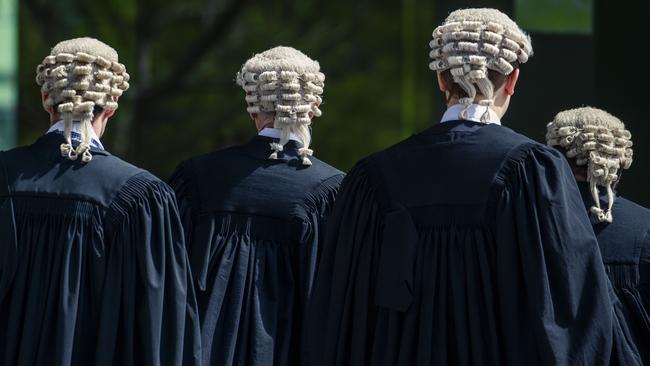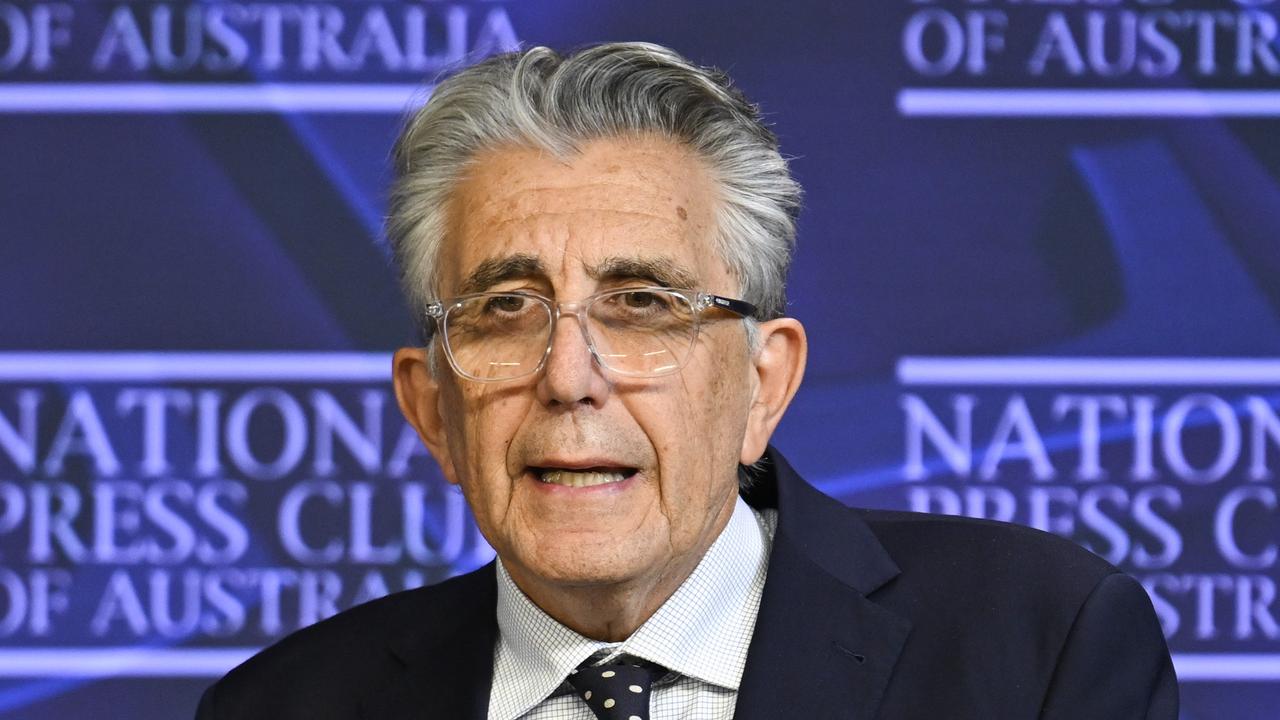
While the overused claim is clearly intended to placate nervous workers, it is becoming increasingly obvious that knowledge of artificial intelligence will become requisite for any job in the future.
For lawyers, if the thought of losing your job wasn’t enough to get you on the AI train, a new report from PwC just might. This week, the consultancy giant dropped its “AI barometer” that showed lawyers can earn up to 49 per cent more if they are harnessing emerging technology. While the data is based on the US market, it is expected Australian jobs will follow the same trend.
The uptake of AI is clearly being embraced in a corporate legal setting. The courts, however, seem to be approaching it with more caution.
The Australian this week reported the Victorian Supreme Court has now released guidelines requiring lawyers to disclose whether they have used AI in a matter to other parties and the presiding judge.
The Queensland Supreme Court, meanwhile, has issued directions for non-lawyers appearing in court, reminding them that chatbots cannot always “be trusted to always provide legal or other information that is relevant, accurate, complete, up-to-date and unbiased”.
You might think this is an obvious direction for the courts. But just this month in the WA Supreme Court, a self-represented litigant copped a rebuke from Chief Justice Peter Quinlan for filing incoherent submissions possibly written by Chat-GPT when claiming he was unjustly fined $1800 for failing to comply with his bail conditions.
The Australian Institute of Judicial Administration in January released the first guidelines for how judges should approach the use of AI, accepting that the technology has the capacity to “entirely” replace judicial discretion, determine whether someone will reoffend and predict case outcomes.
Meanwhile, Federal Court judge Melissa Perry published a paper in the Australian Law Journal last month saying when it comes to ruling from the bench, important decisions affecting an individual’s rights and freedoms must be made with the inherently human qualities of “mercy, compassion, equality and fairness”.
It appears there is a long way to go in the debate of appropriate use of AI when it comes to the law.
Tell me what you think at ellie.dudley@news.com.au
Where is Bruce Lehrmann?
NSW Civil and Administrative Tribunal member Cathy Campbell appeared surprised as she read out the name “Bruce Lehrmann” to her quiet hearing room on Thursday.
For a woman who typically deals with petty disputes between tenants and landlords, it is not every day you see the name of the country’s most disliked former Liberal staffer on your grievances list.
Lehrmann is being sued by Lady Gaenor Meakes over claims he caused “extensive damage” to her Balgowlah property, in which he stayed for nearly a year on the Seven Network’s dime.

When Campbell called Lehrmann’s name on Thursday, there was silence among the handful of observers.
“Don’t think he’ll be here,” she said.
But one issue that arose on Thursday’s hearing was the fact Lehrmann seemingly had no idea what the matter was about, having not been served with any papers.
“I have been trying to find out where he is, but with no luck,” Meakes told the tribunal.
Ipso Facto understands the former Liberal staffer wrote directly to NCAT before the proceedings took place, saying the first he heard of the matter was through the media, and requesting it be put off. In the email, he said he had no way of attending an NCAT hearing because he is interstate and has no means to travel.
Campbell on Thursday agreed the hearing could not proceed until Lehrmann had been formally served, and put the matter off for a later date.
–
Legal movements
- Long-term McCullough Robertson lawyer Tim Longwill has taken up a role as the firm’s pro bono partner. Longwill has been with McCullough Robertson for more than 25 years, and has actively participated in the firm’s pro bono program through providing advice to NFP and charitable boards on employment matters.
- Celia Armstrong has jumped ship from Coulter Legal to join Keypoint Law as a consulting principal, continuing her work in corporate and commercial law.
- Perth employment lawyers Craig Fordham and Aleks Ceklic have been hired by HHG Legal Group as the firm moves to expand its workplace and industries practice.
- Colin Biggers & Paisley has made changes to its national team with the appointment of Jemma McLaughlin as a special counsel in the insurance group and Jon Na as a senior associate in the construction group, as well as the promotion of Patrick Smith to senior associate in the disputes and investigations team.
- Attorney-General Mark Dreyfus has announced Simone Bingham (Melbourne) and Anna Bertone (Brisbane) have been appointed judges of Division 2 of the Federal Circuit and Family Court.
Want this column (and more!) right in your inbox? Sign up for the Ipso Facto newsletter.




By now, we have all heard the adage “you won’t lose your job to AI, but you will to a colleague using AI”.